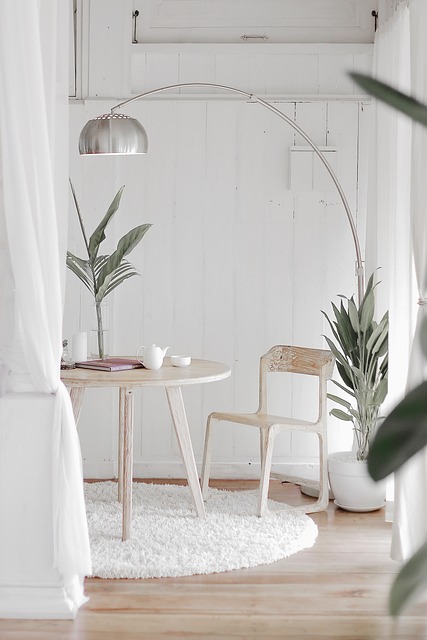Before buying a home, assess your financial situation by evaluating income, debts, and savings. Differentiate between essential and discretionary spending to set a realistic budget. Use mortgage calculators, local market research, and professional guidance from lenders or advisors to align your budget with current market conditions for successful homeownership.
“Dreaming of buying your first home but unsure where to start? This guide is your compass as you navigate the exciting yet challenging journey of purchasing a property within your budget. We’ll help you decipher your financial needs, from understanding essential spending to exploring diverse mortgage options. Learn how to set realistic goals, save effectively for a down payment, and make informed decisions about one of life’s biggest investments. Discover the key steps to buy a home that aligns with your financial aspirations.”
- Understanding Your Budget Requirements
- – Identifying essential and discretionary spending
- – Setting a realistic home purchase price range
Understanding Your Budget Requirements

Before you start your search for a new home, understanding your budget requirements is crucial. The process of buying a home involves more than just finding a place that appeals to your taste; it’s about aligning your financial capabilities with your aspirations. Begin by evaluating your current financial situation and identifying how much you can comfortably afford to spend on a property. Consider factors such as your income, existing debts, and savings.
Delve into detail-oriented discussions with mortgage lenders or financial advisors who can guide you in assessing your budget constraints and potential options. They can help you determine the price range suitable for your needs, ensuring that you don’t overspend while still securing a home that fits comfortably within your financial plan when buying a home.
– Identifying essential and discretionary spending

When considering buying a home, it’s crucial to differentiate between essential and discretionary spending. Essential expenses are the financial obligations that are non-negotiable and directly impact your daily life, such as rent, utilities, transportation, and food. These costs must be prioritized, as they ensure your basic needs are met. Discretionary spending, on the other hand, refers to optional purchases that bring enjoyment but aren’t vital for survival or financial stability. This includes activities like dining out, entertainment, and luxury items.
As you prepare to buy a home, evaluating these categories is essential. Many people make the mistake of considering their entire disposable income as potential home-buying funds. However, it’s more strategic to allocate your resources by first covering essential costs, saving for emergencies, and ensuring financial security. This approach allows you to narrow down your budget for purchasing a home, making the process less daunting and increasing your chances of finding a property that aligns with your financial capabilities.
– Setting a realistic home purchase price range

When considering to buy a home, setting a realistic price range is the first step in making your dream of owning property a reality. It’s essential to understand your financial capabilities and the current market conditions to determine a budget that aligns with your needs and allows for a comfortable purchase. Start by evaluating your savings, income, and any existing assets that can contribute to the down payment. Mortgage lenders offer tools to help estimate affordable monthly payments based on your financial profile.
Researching the real estate market in your desired location is crucial. Factors like property values, recent sales data, and neighborhood trends influence home prices. Online resources and local real estate agents can provide valuable insights into what you can expect to pay for a home within your preferred area. This research will empower you to set a price range that considers both your financial comfort zone and the reality of the current market, making your journey to buy a home smoother and more successful.
When you’re ready to take the leap into homeownership, understanding your budget is key. By identifying essential and discretionary expenses, and setting a tailored home purchase price range, you’ll be well on your way to finding a property that suits your financial needs. Remember, buying a home is a significant investment, so it’s crucial to plan and prioritize wisely. With the right approach, you can make your dream of owning a home a reality within your budget.
